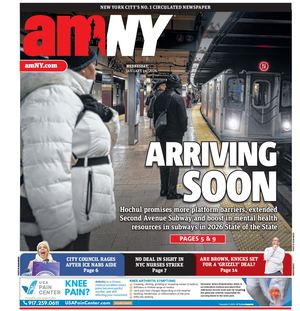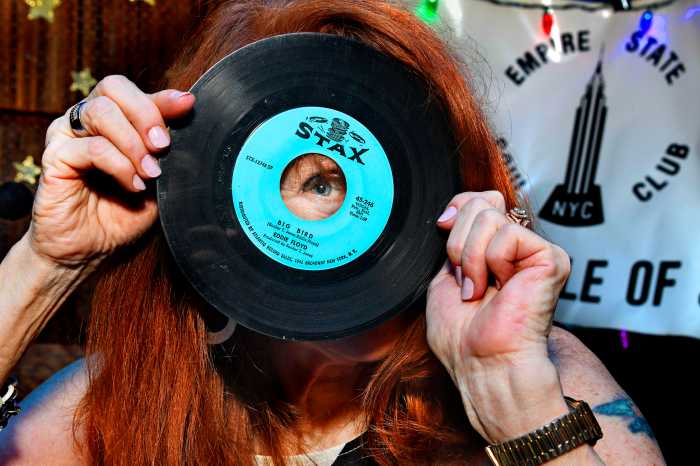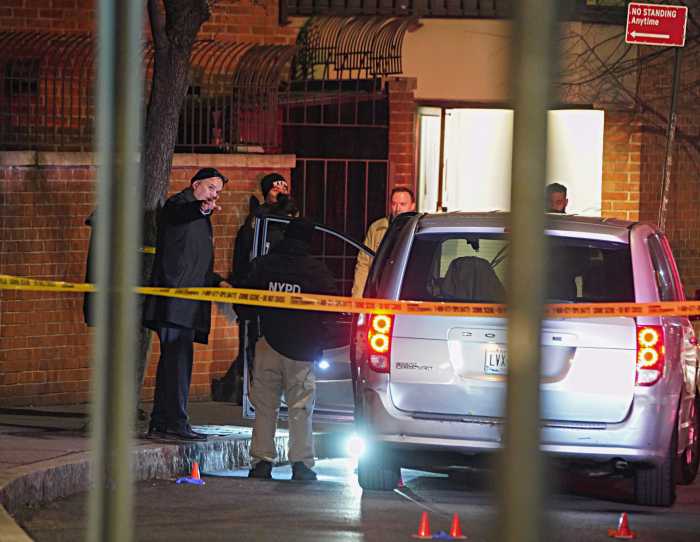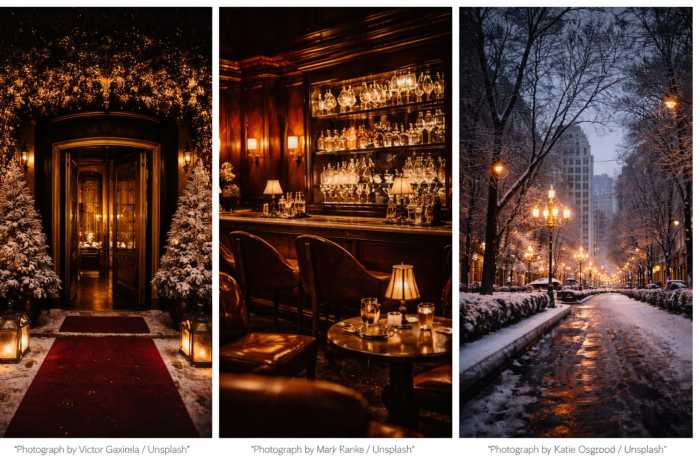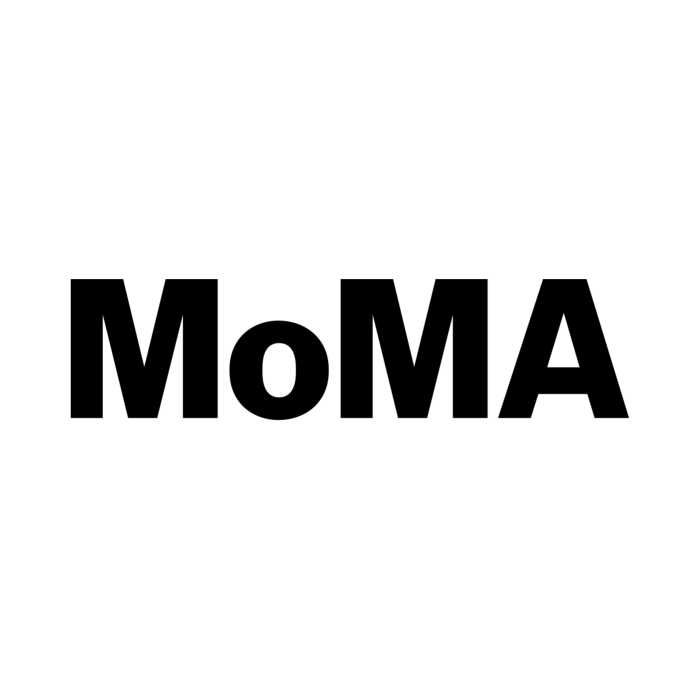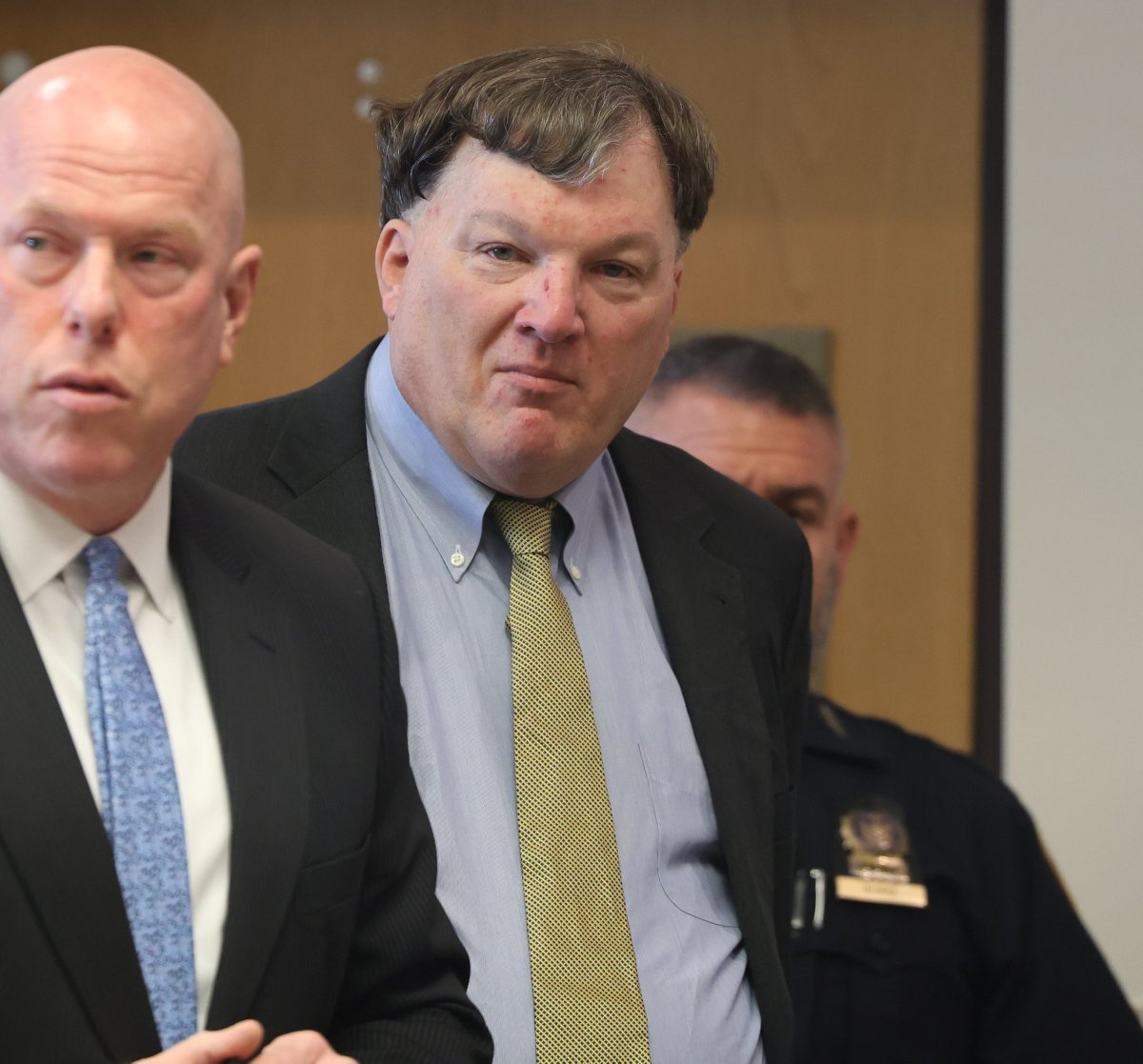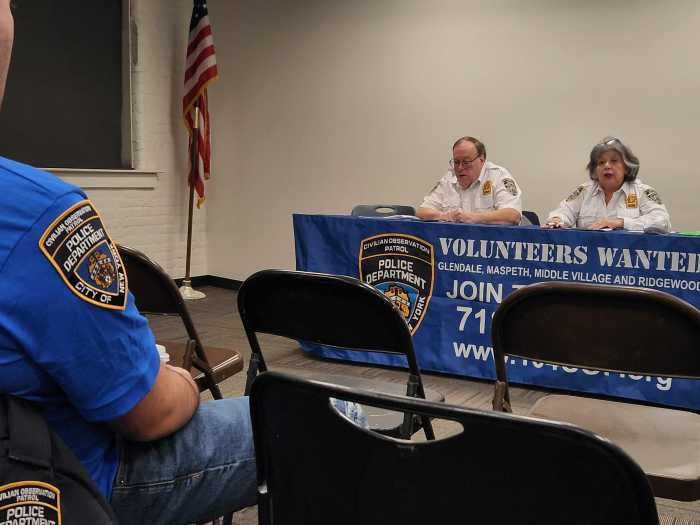By Ed Gold
(“Since the State Liquor Authority has turned a deaf ear to their noise complaints, Community Board 3 will stop hearing applications for liquor licenses in parts of the East Village and the Lower East Side, board members said this week.” — The Villager, Feb. 11, 2004)
An open letter to Sen. Frank Padavan (R., Queens):
Dear Sen. Padavan,
As you may have read, C.B. 3, in Manhattan, no doubt out of continued frustration with the S.L.A., has decided to bypass any action regarding liquor license applications in several troublesome areas in its district.
This action by C.B. 3 will likely please the S.L.A.’s commissioners but should dismay you since the most important weapon in defending communities against license oversaturation is the required hearings under the 500-ft. rule, otherwise known as the Padavan Law, the demand for which C.B. 3 seems to be abandoning.
The Padavan Law, which you boldly and successfully fought for in 1993, calls upon the S.L.A. to “consult” with community boards and the communities they represent if three or more licensed establishments are located within 500 ft. of the proposed site. Under the Padavan Law, applicants must also prove their operations are in “the public interest.”
The C.B. 3 decision is disappointing. Attorney Barry Mallin is the most active counsel in representing community interests before the S.L.A.; he points out that C.B. 3 has in effect thrown in the towel.
Your record in Albany indicates you never throw in the towel. But C.B. 3’s action reflects the sad fact that the S.L.A., to a large extent, has been flouting both the spirit and the letter of the Padavan Law.
The S.L.A. violates the Padavan Law in two fundamental ways:
1. It does not consult with communities as the law requires.
2. In most instances, it has its own definition of “the public interest,” which is at conspicuous variance with the criteria outlined in Padavan.
On the issue of consultation, S.L.A. commissioners have placed major communication barriers between themselves and community protesters.
Currently, community groups do not even have direct contact with the decision-makers, namely the S.L.A.’s three commissioners. Under the 500-ft. rule, the community can protest only before an administrative judge who makes a subjective summation of community arguments and forwards the evaluation to the commissioners. Several years ago, the commissioners decided to bar community representatives from making their cases at open S.L.A. hearings. Nor are applicants who do appear before local boards required to submit completed applications that board members might want to examine, question and evaluate.
On the issue of “public interest,” the criteria listed in Padavan are frequently ignored by the authority, such as the number of licenses within 500 ft., the traffic impact, parking difficulties, excessive noise, boisterous and antisocial behavior and other “relevant factors.”
In its most scandalous decision, you may recall, a license was granted to 72 Grand St. in Soho because the authority found the public interest served by the applicant, who provided “employment” and paid “tax revenues.”
An incensed community filed an Article 78, which sent the case to court. Supreme Court Justice Sheila Abdus-Salaam reversed the authority in a 1997 decision that gave hope to communities.
“The Authority,” she wrote, “is duty-bound to enforce the statute consistent with the legislative intent and not to enter into a strained, tortured and irrational interpretation.”
She added that the authority decision was “an error in law, arbitrary and capricious, and an abuse of discretion.”
But that court decision has not made the authority respect Padavan’s law.
Just three years later, the Bedford-Downing Block Assn. in C.B. 2, Manhattan, brought an Article 78 action against Charisma Inc. whose restaurant, ISLA, had a total of 27 liquor and wine-and-beer licenses within 500 ft., in a largely residential neighborhood.
Community opponents invoked several criteria consistent with Padavan in presenting their case against conspicuous oversaturation including: noise from traffic jams, problems with tipsy patrons and patrons talking loudly into cell phones during the wee hours and premature wakeups during early morning garbage collections — all a result of the huge number of liquor licenses in the neighborhood.
The S.L.A. argued that the public interest was served because ISLA had an attractive cuisine.
Acting Supreme Court Justice Diane A. Lebedeff revoked the license on the grounds that serving good food does not satisfy the mandate under “public interest.” The decision was unanimously upheld in the Appellate Division. The authority accepted the judicial reversal and cancelled the license. It looked like a win for the community. But immediately after losing its license, Charisma filed a new license application and the authority approved it. Talk about flouting the law!
One of the reasons the authority may not be too sympatheic with the oversaturation argument is that none of the commissioners comes from or lives in New York City where the license excess has been egregious in many neighborhoods.
So this is an appeal to you, Sen. Padavan, to amend the Alcoholic Beverages Control Law so that the 500-ft. rule is strengthened in the two areas in which the authority has been conspicuously remiss: the meaning of consultation with communities and the refinement of “public service.” Here are a few suggestions on bringing us closer to the consultation requirement:
1. The ability of communities to testify directly before the authority and the elimination of middlemen administrative judges is strongly recommended by attorney Mallin.
2. The S.L.A. should require that all applicants appear before community boards, and that complete applications and documentation be forwarded to the boards before the applicant’s appearance.
3. The S.L.A. Web site should display all S.L.A. decisions, and these decisions should be sent in writing to community boards.
4. The S.L.A. should provide quick response to requests from attorneys, community groups and other interested parties for S.L.A. decisions under the Freedom of Information Law.
5. A phone number at the S.L.A. should handle community complaints and queries directly.
6. Prior information in a timely fashion indicating the S.L.A. hearing calendar should be made available on the S.L.A. Web site and in writing to board offices.
As for “public interest,” perhaps the Padavan Law could include a refinement indicating aspects that do not satisfy the law’s criteria, including good food and the payment taxes. Conspicuous oversaturation in a community, particularly in residential areas, should define the public interest and trump the applicant’s effort to invent criteria in the hope of qualifying for a license.
Once again, Sen. Padavan, your tenacity is needed to force the S.L.A. to follow the law, and to give hope to those communities, like C.B. 3, who have been victims of the S.L.A.’s repeated evasion of the law.
